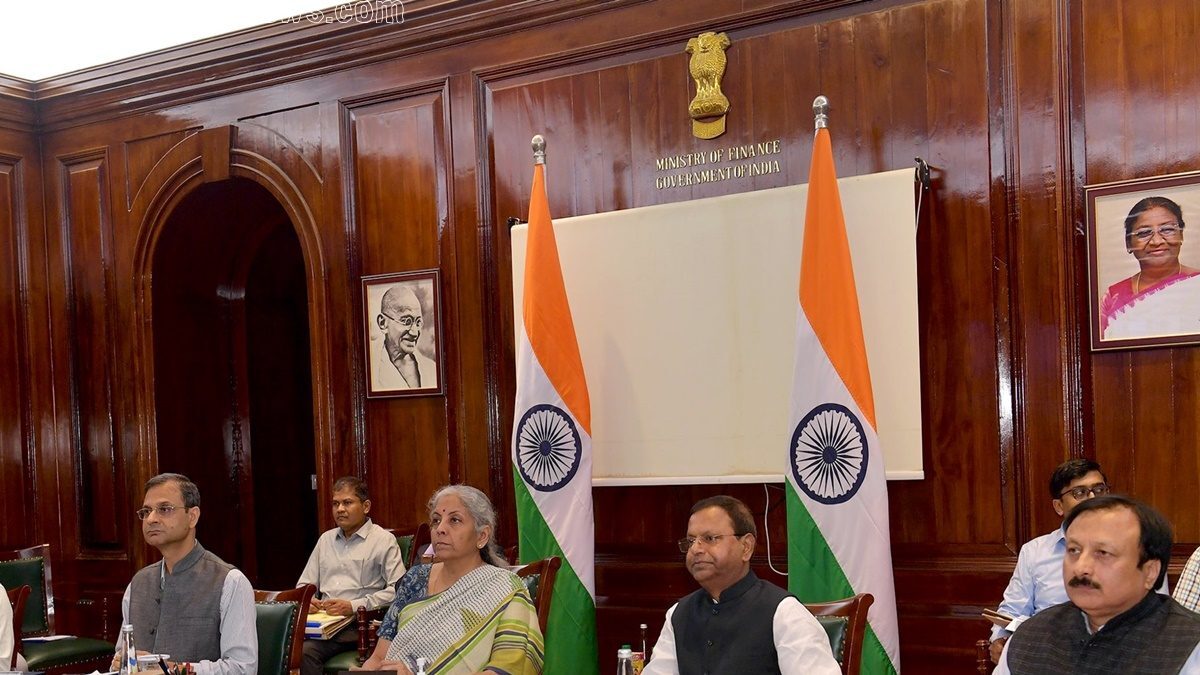The Goods and Services Tax (GST) Council is a constitutional body established under Article 279A of the Constitution of India. Its primary mandate is to provide recommendations to both the Union and the States on matters related to the implementation of the GST in India. Comprising representatives from all States and Union Territories, this council plays a pivotal role in shaping and overseeing the GST framework.
Clarity on Taxation
The previous GST Council meeting held on August 2 addressed some critical issues related to taxation. One of the key areas of discussion was the taxation of casinos, horse racing, and online gaming. The outcome was a decision to levy a 28% GST on the full face value of bets in these sectors. This move provides much-needed clarity in the taxation landscape for these industries.
Key Functions of the GST Council
The GST Council has a wide range of functions and responsibilities that contribute to the efficient implementation of GST across India. Some of its key functions include:
- Recommendations on tax rates: The council plays a pivotal role in recommending tax rates, including the maximum and minimum rates, to be levied on various goods and services.
- Exemptions and threshold limits: It decides on exemptions and threshold limits for businesses, ensuring that small enterprises are not burdened with excessive tax compliance.
- Model GST laws: The council helps in the drafting and approval of model GST laws, ensuring consistency and uniformity in tax regulations.
- Resolving disputes: The GST Council serves as a platform for resolving disputes between the Central and State Governments on GST-related matters.
- Updates and amendments: It regularly reviews and updates GST laws, keeping them relevant to the evolving economic landscape.
Composition of the GST Council
The GST Council is composed of representatives from all States and Union Territories, making it a truly inclusive body. It is chaired by the Union Finance Minister, who plays a central role in guiding the council’s decisions. The collaborative nature of this council ensures that the interests of both the Union and the States are taken into account when making important decisions regarding GST implementation.
Conclusion
The upcoming 52nd GST Council meeting on October 7, 2023, holds significance for various sectors, especially those involved in casinos, horse racing, and online gaming. The decision to levy a 28% GST on bets in these areas brings much-needed clarity and consistency to their taxation. Moreover, the GST Council’s broader role in shaping GST policies and resolving disputes plays a vital role in ensuring the smooth functioning of India’s GST regime.
